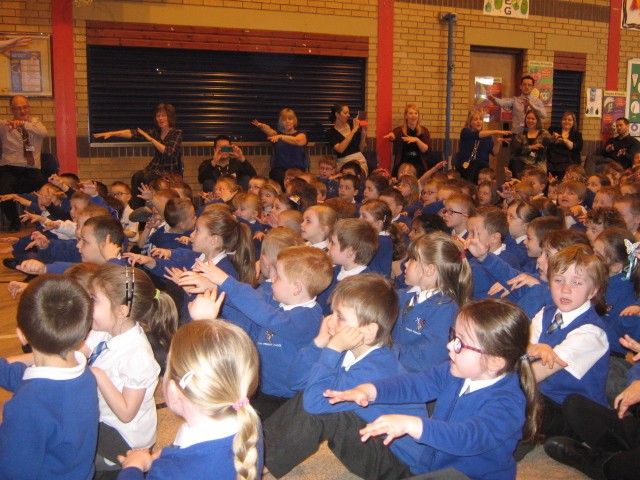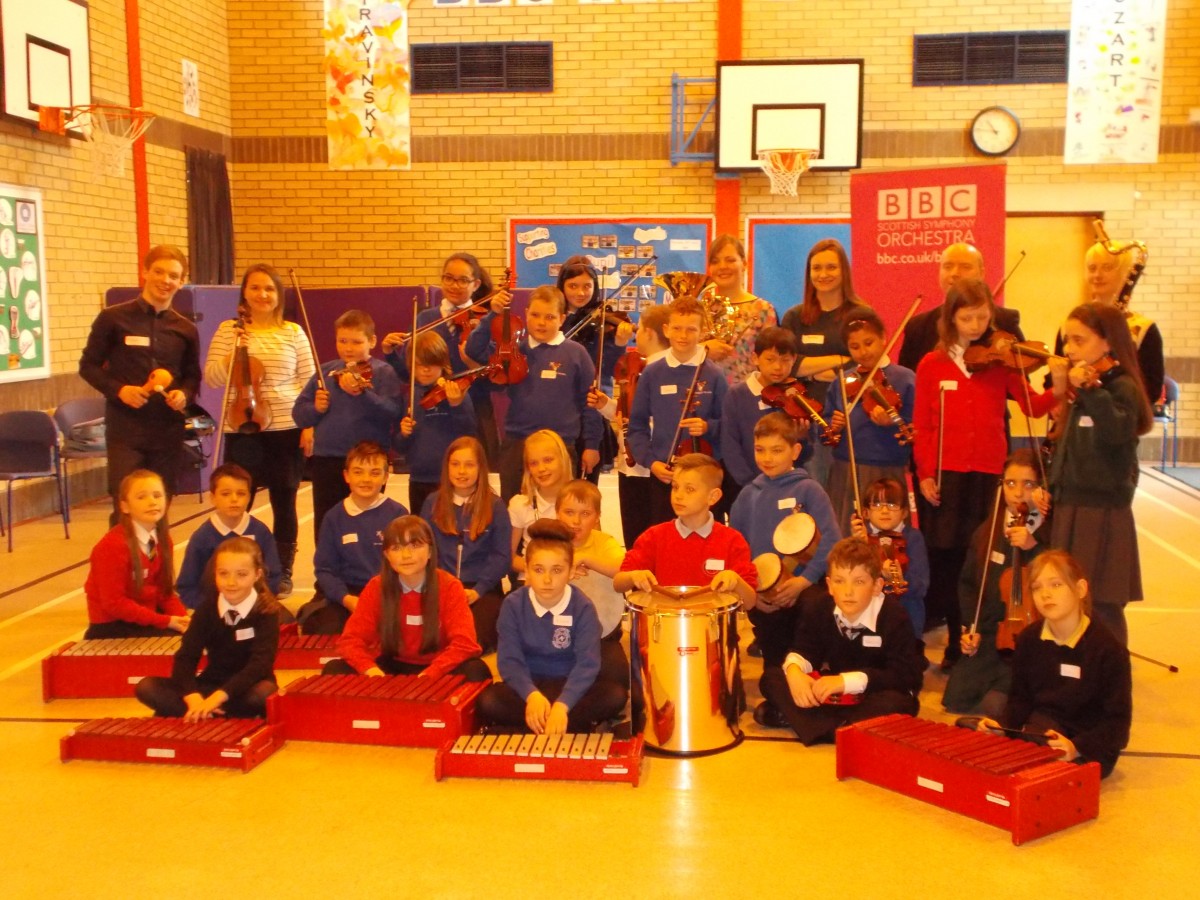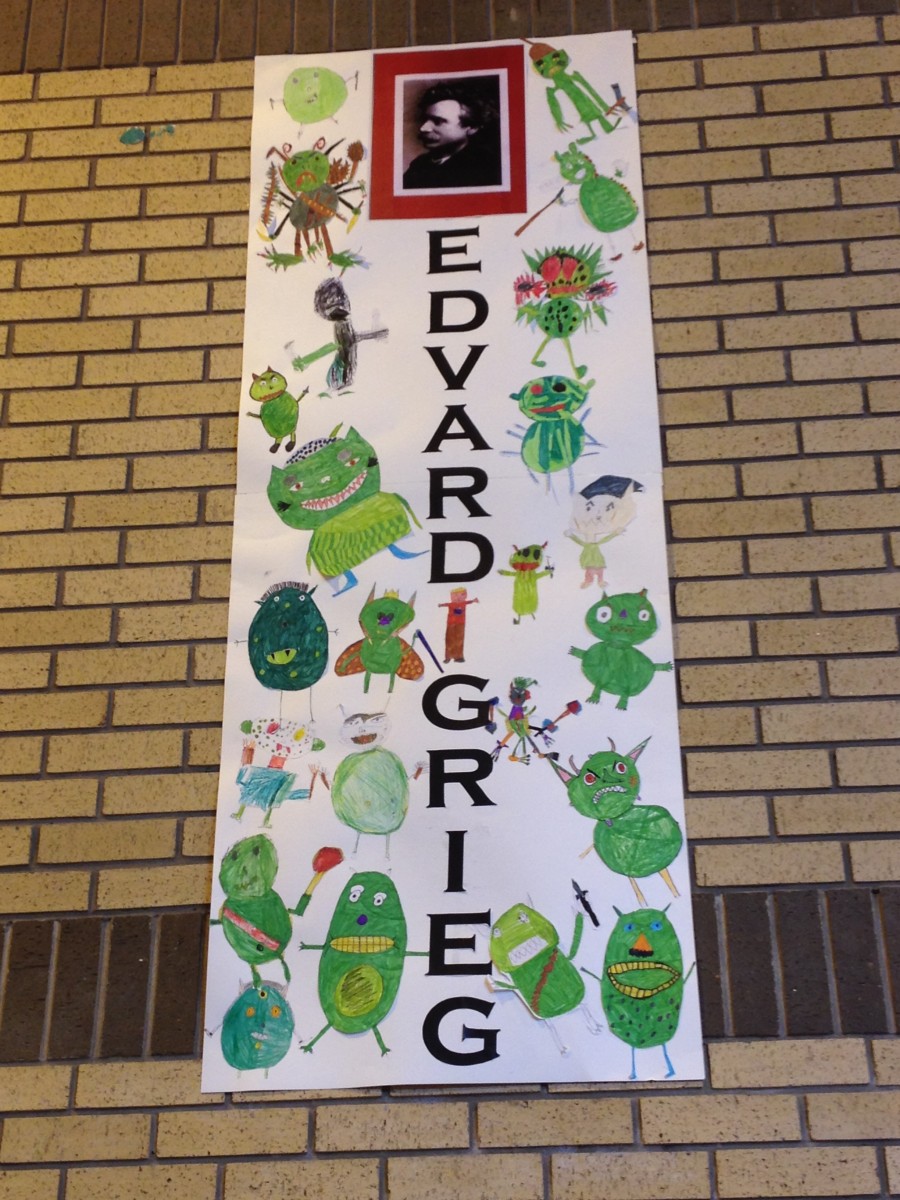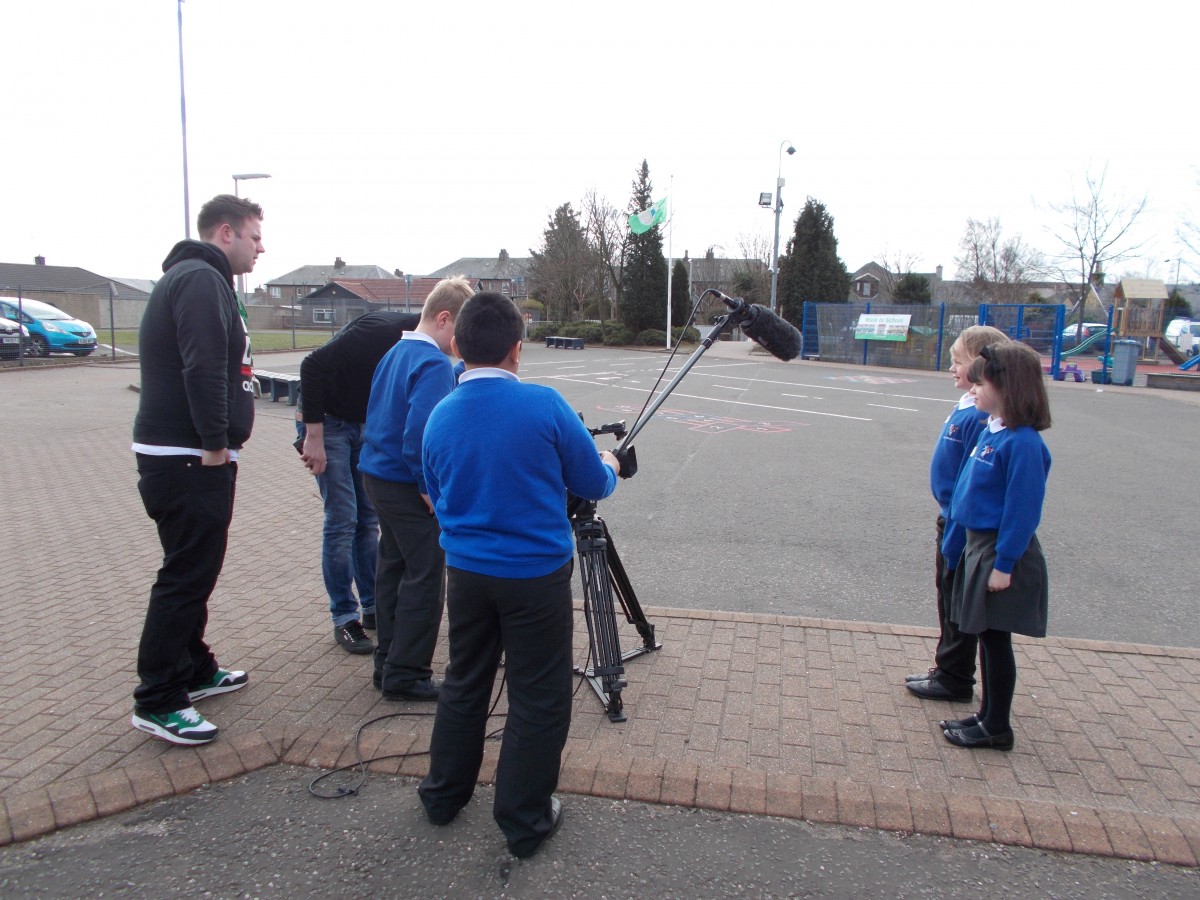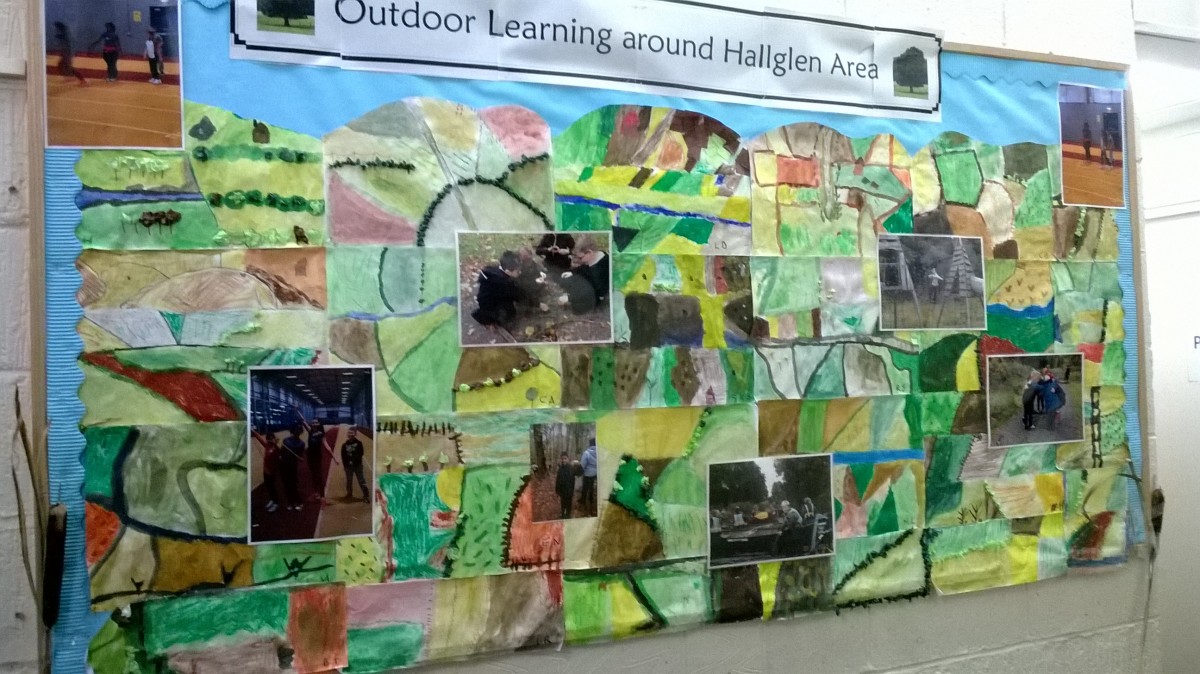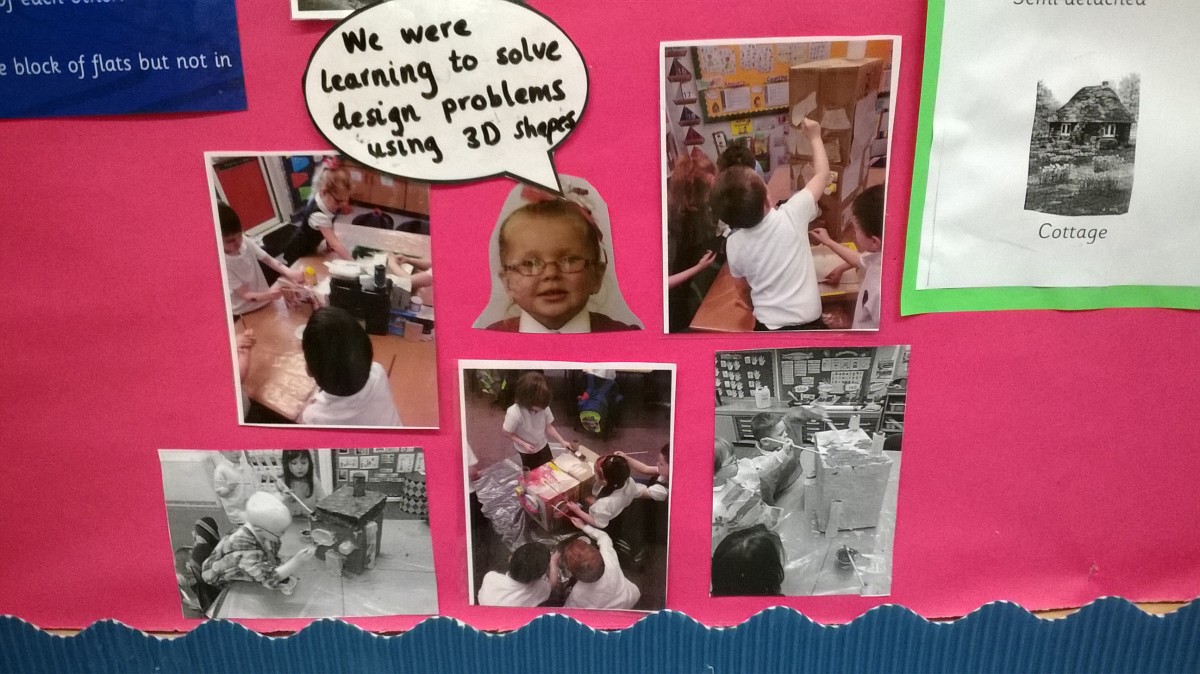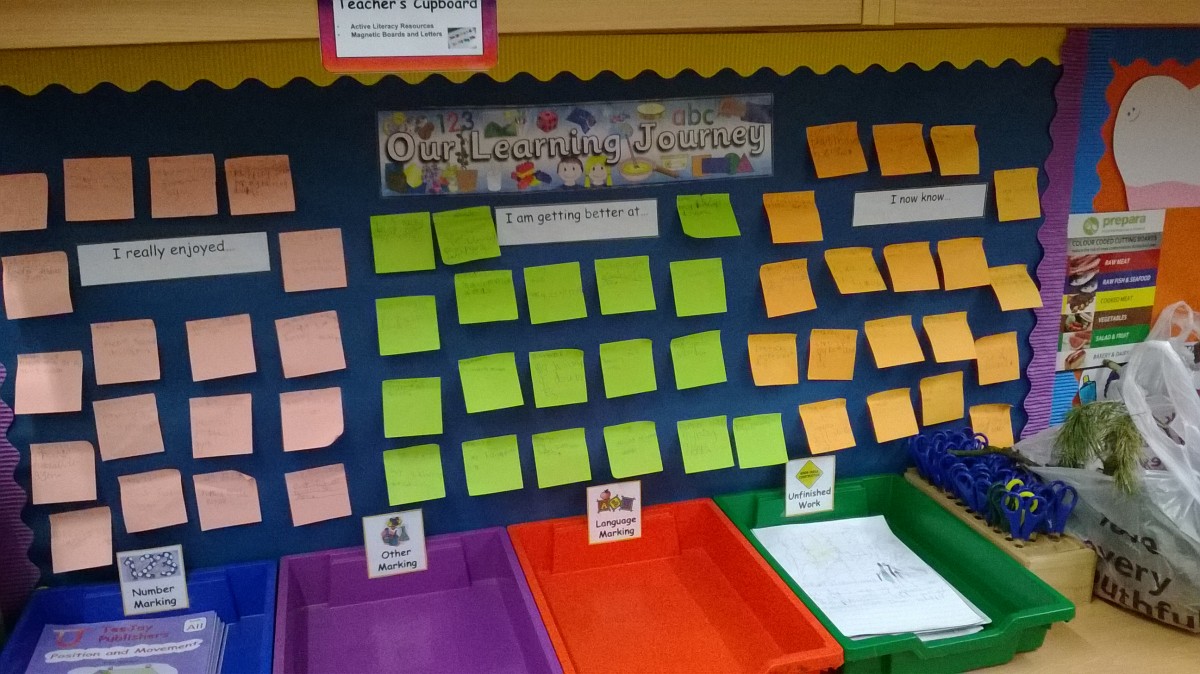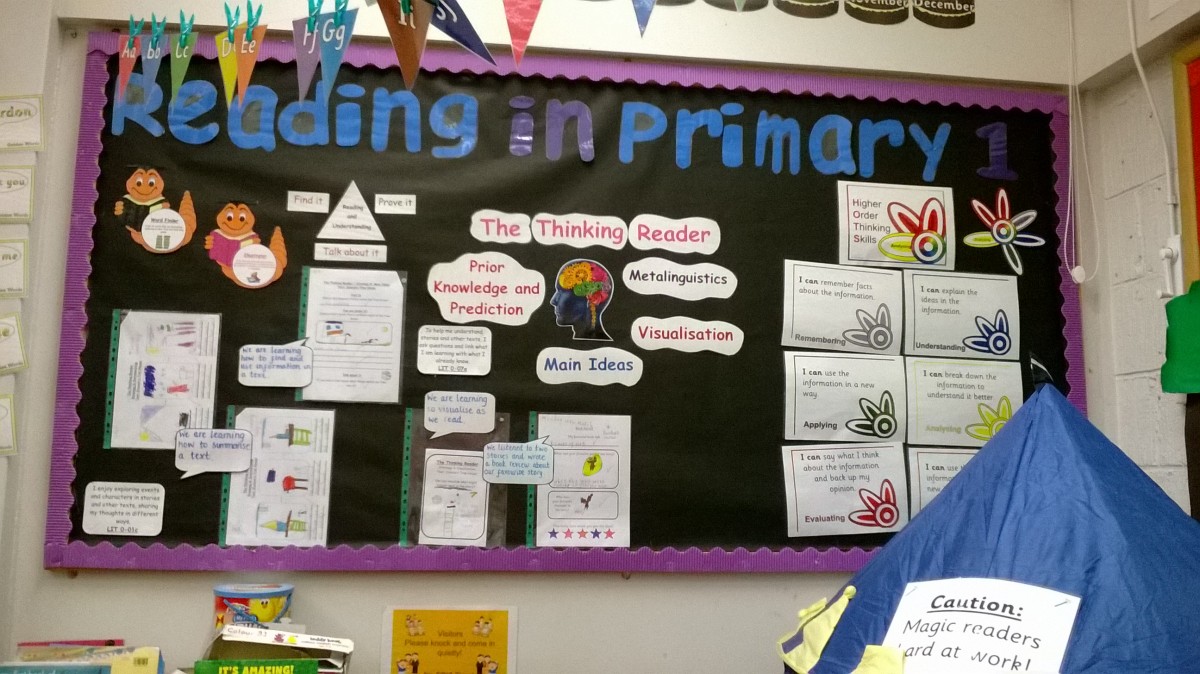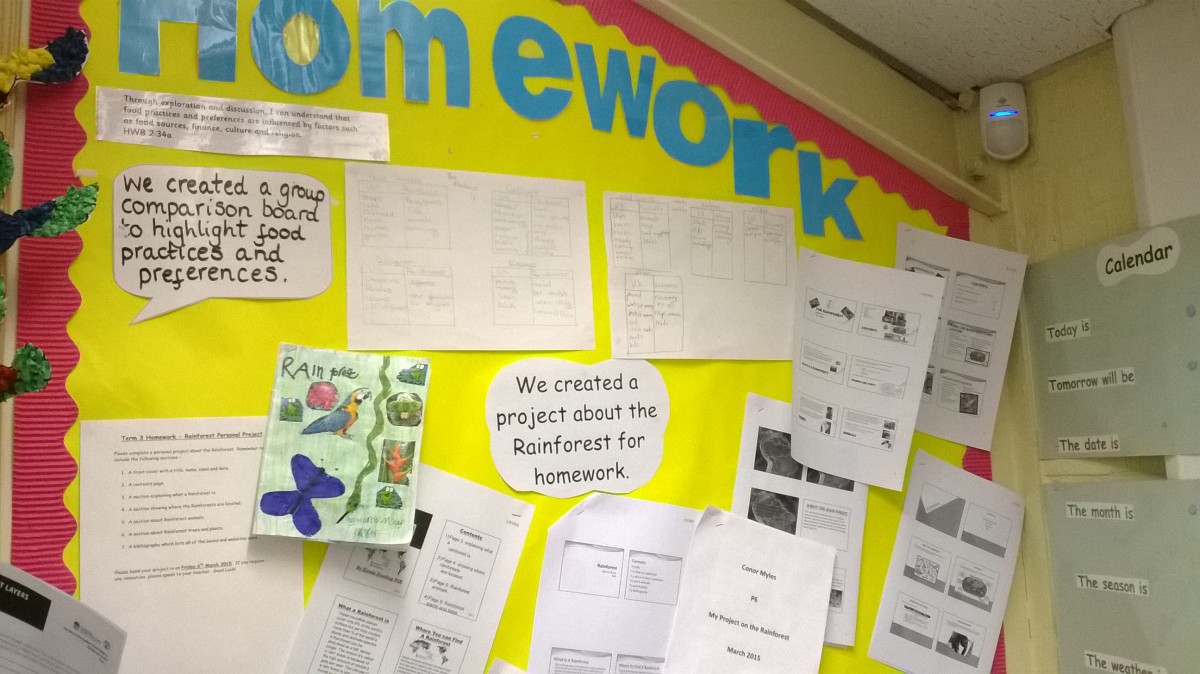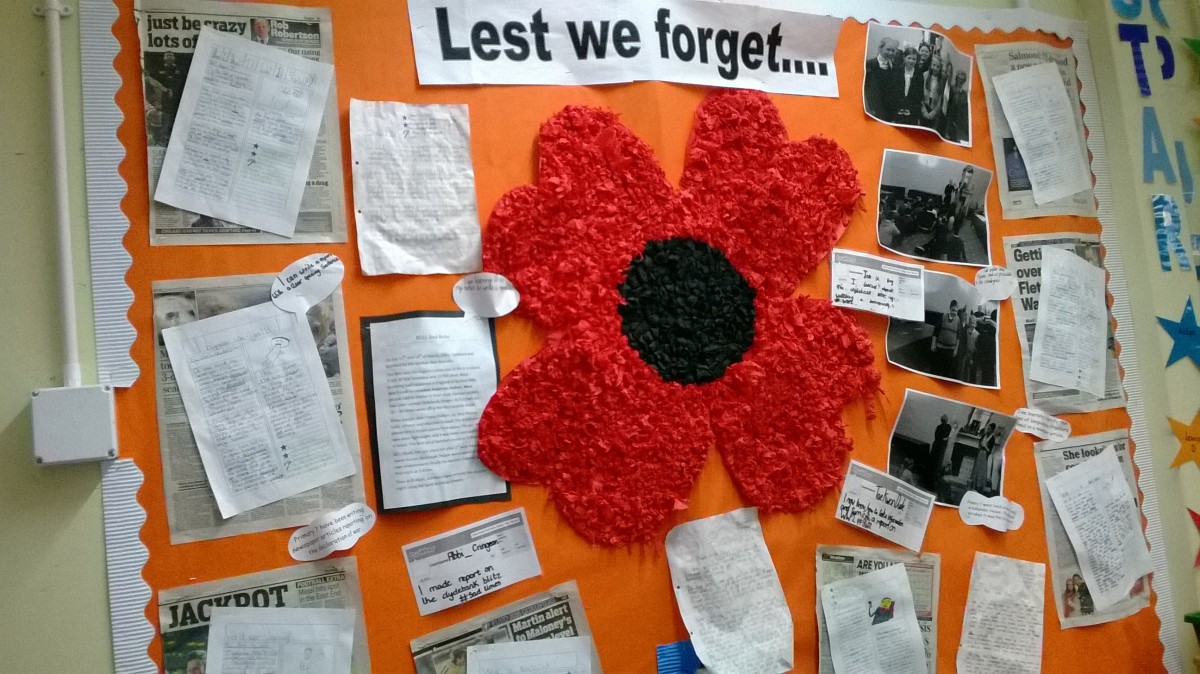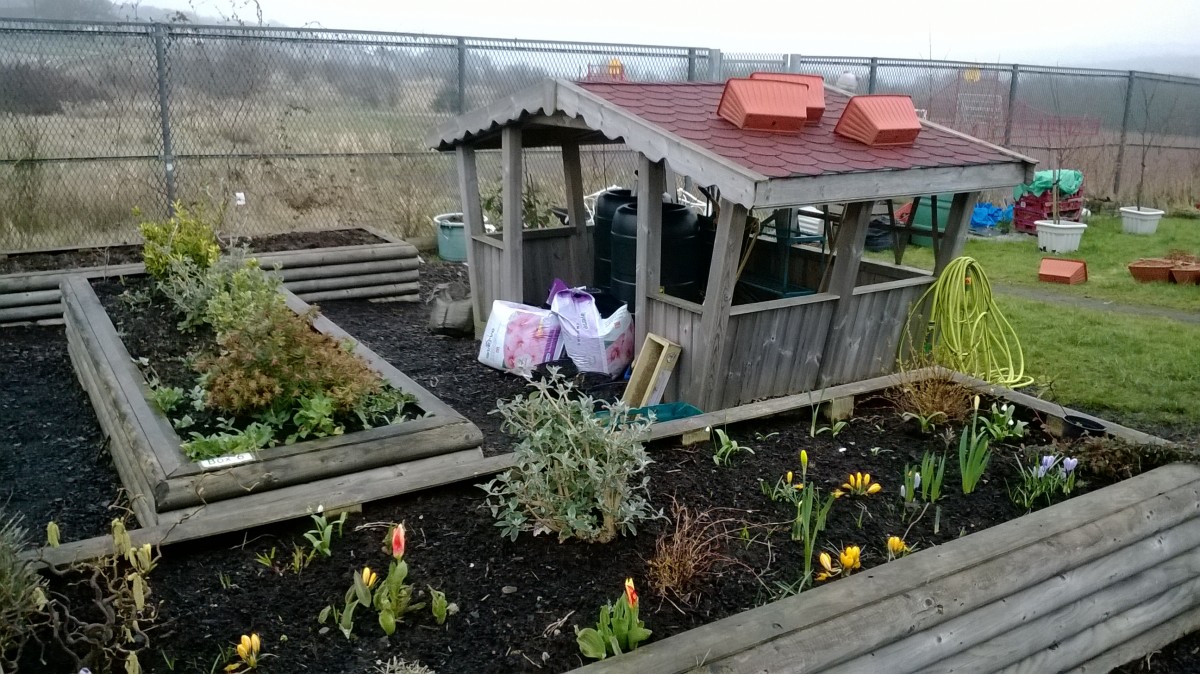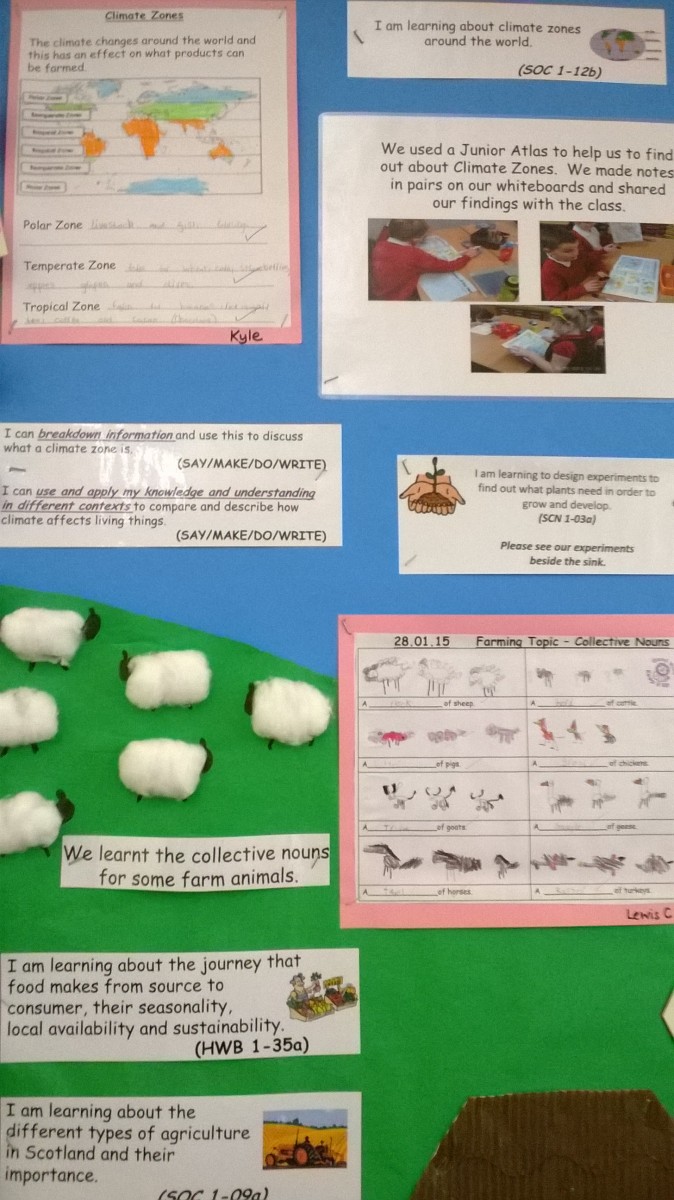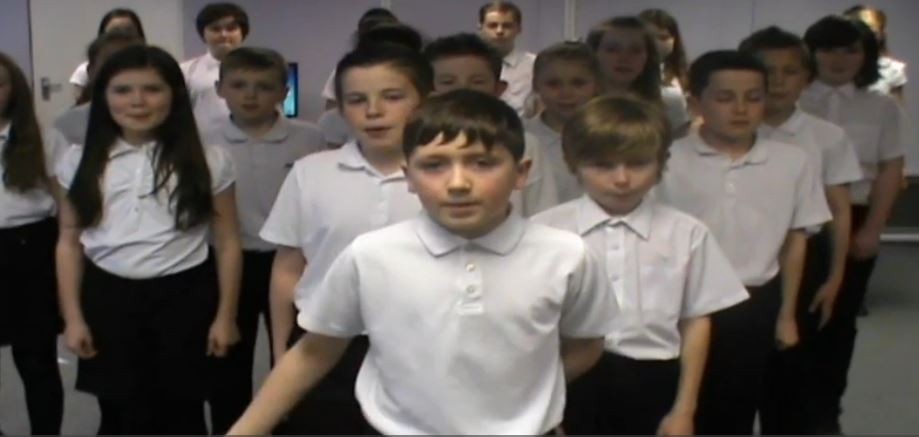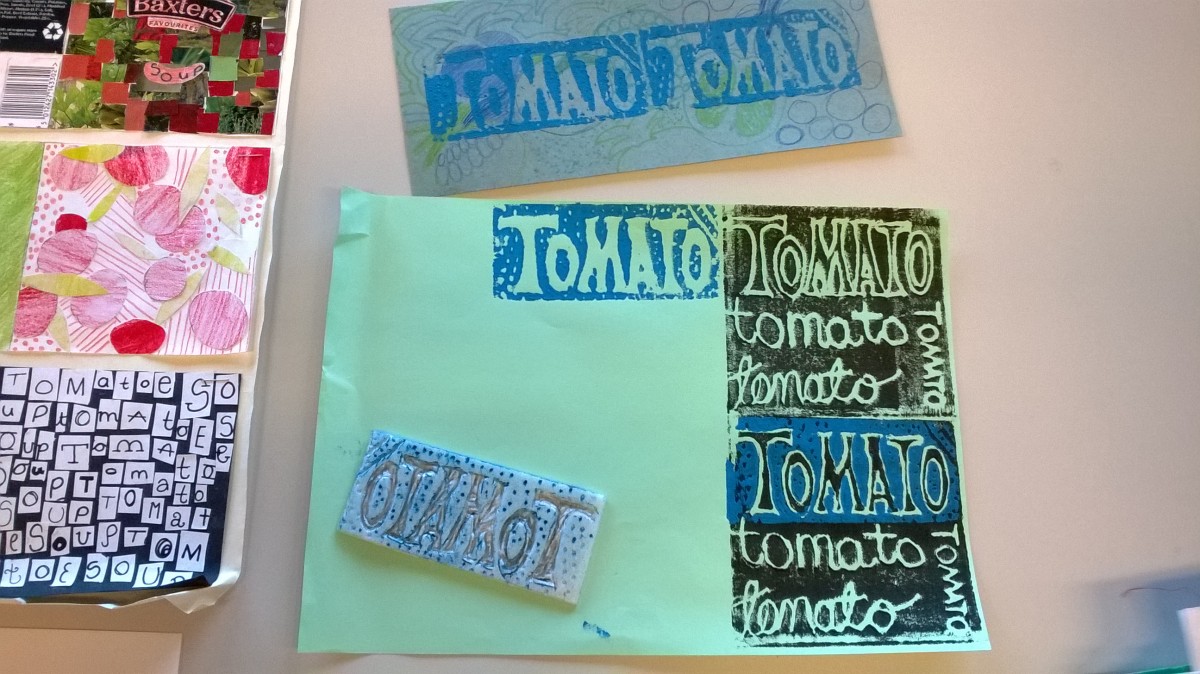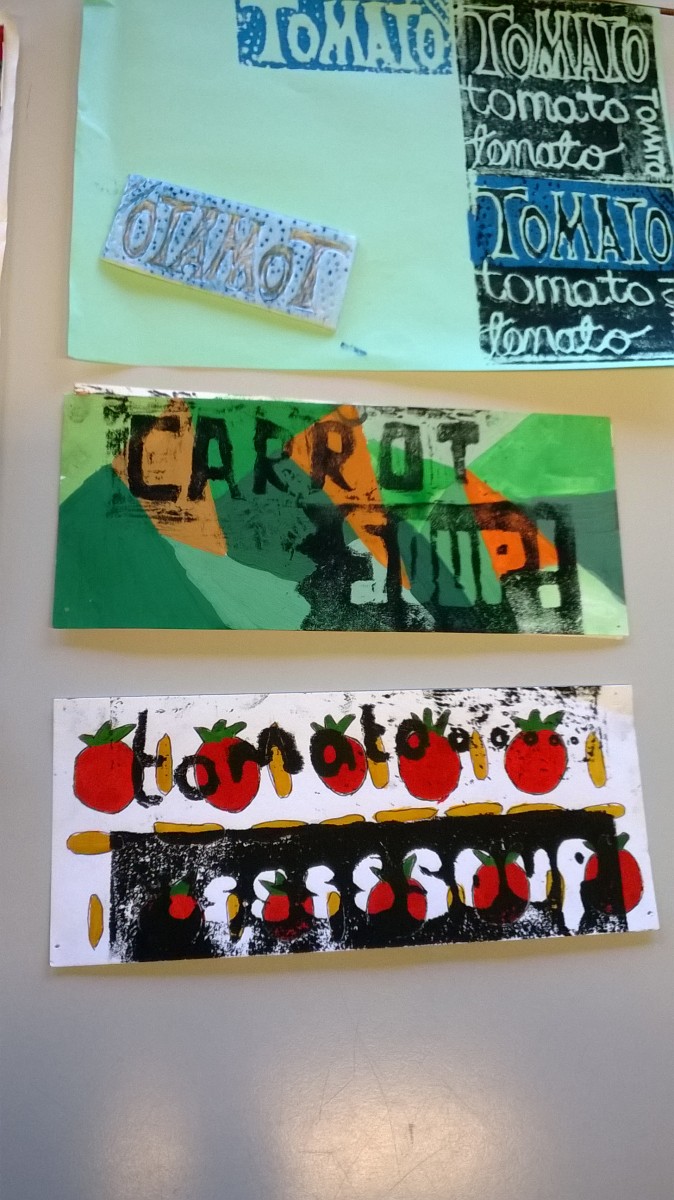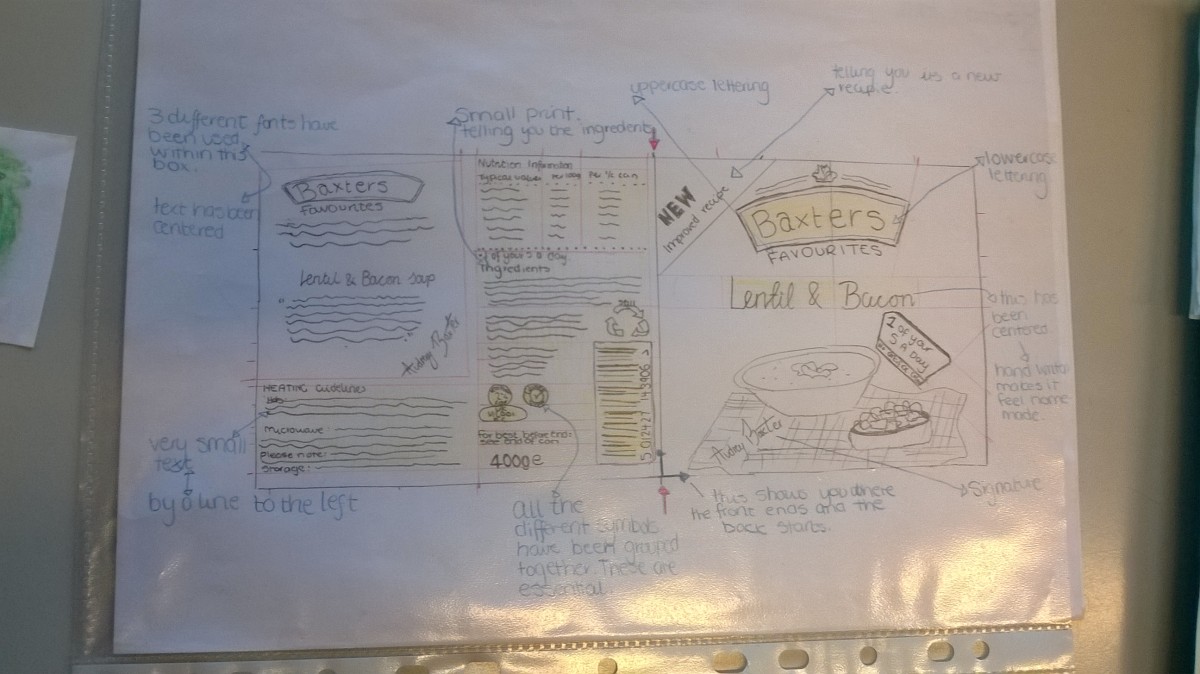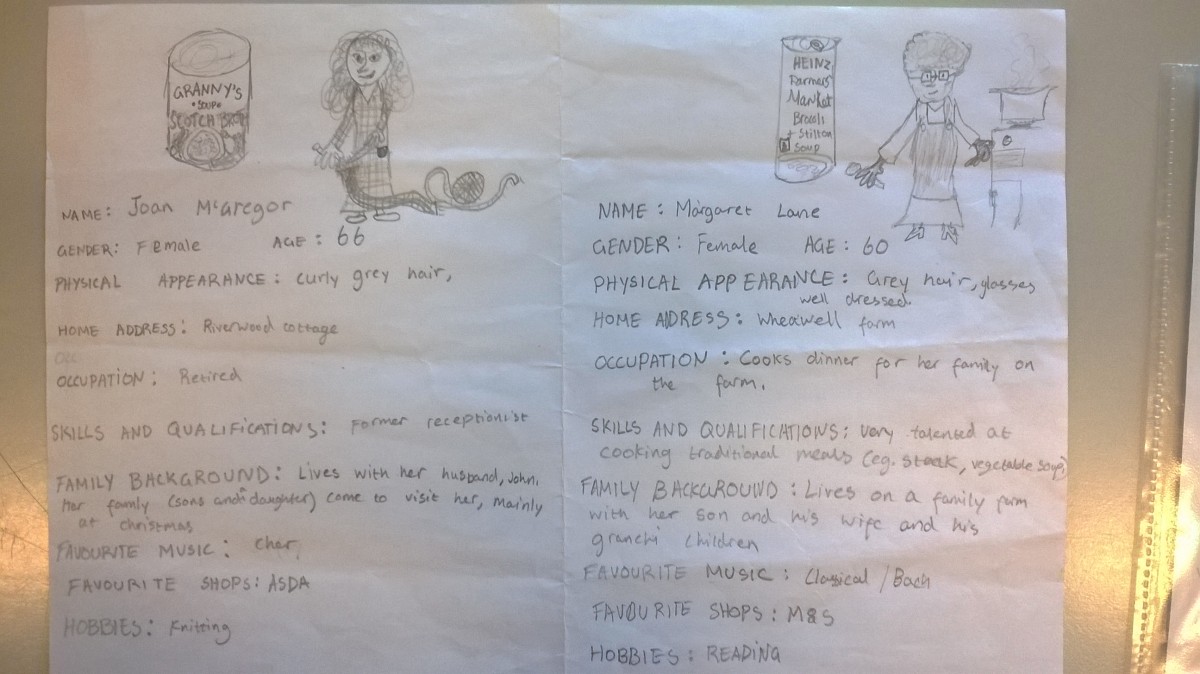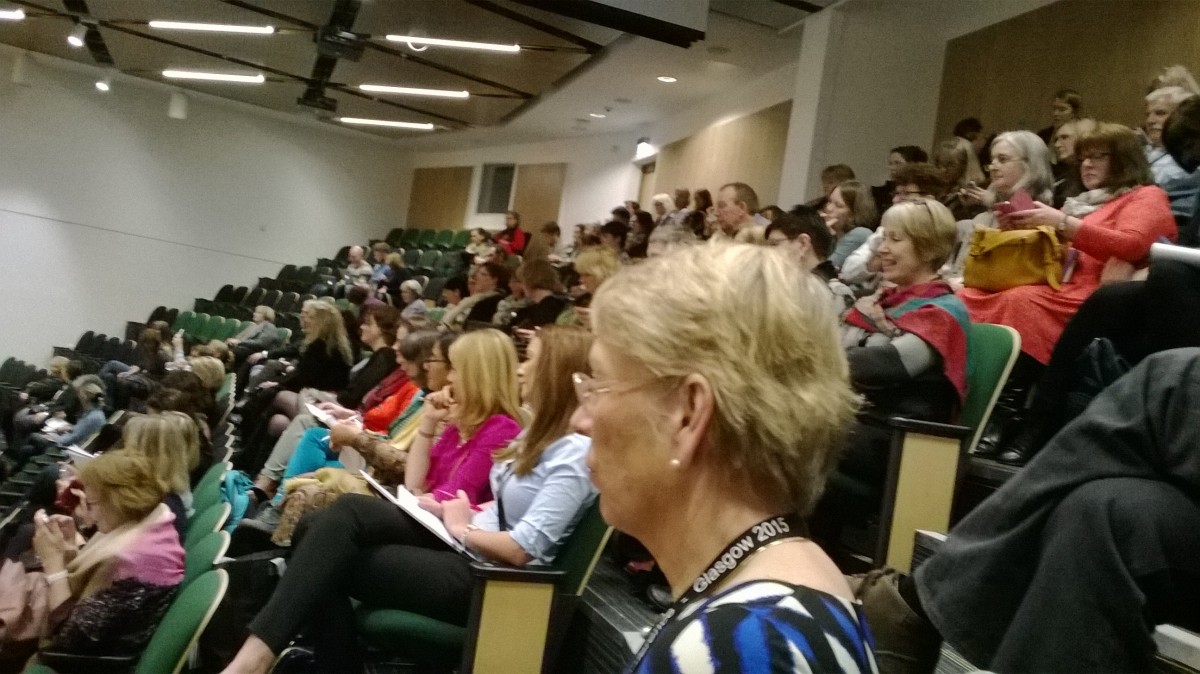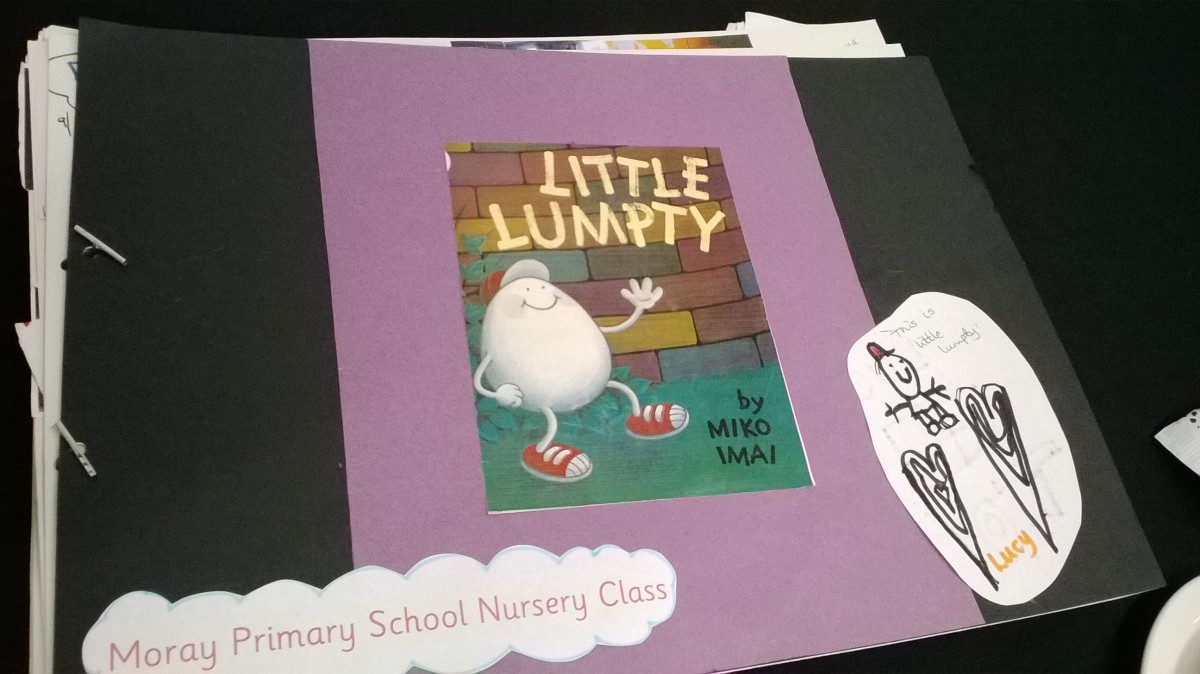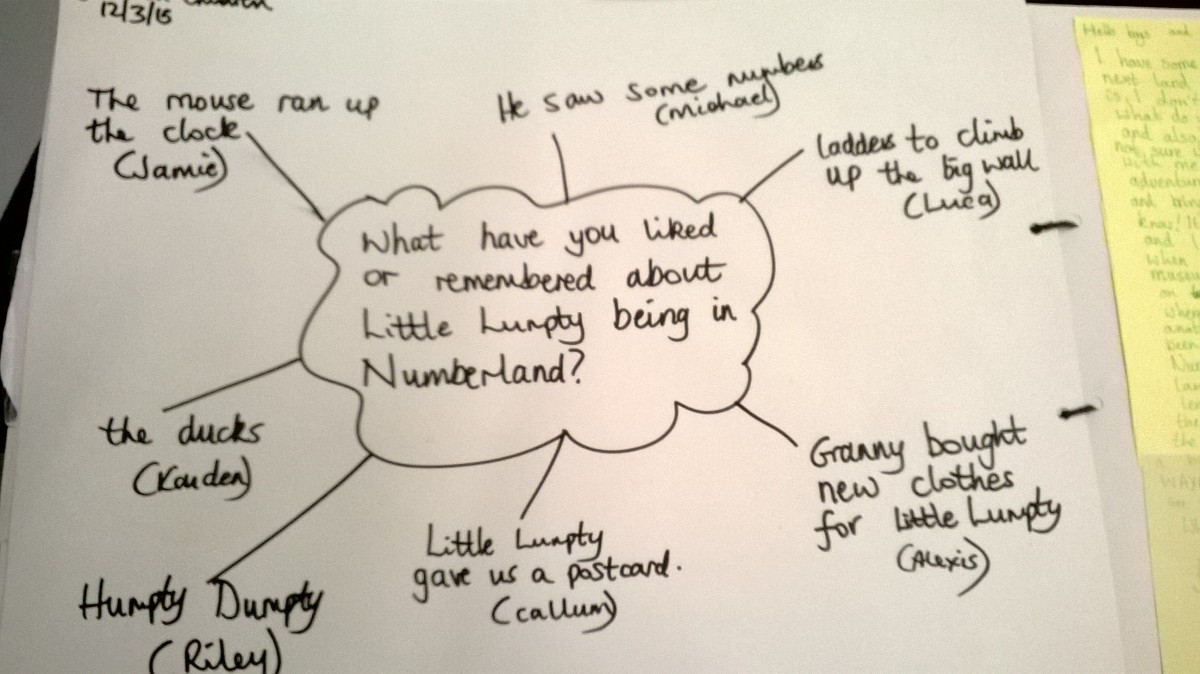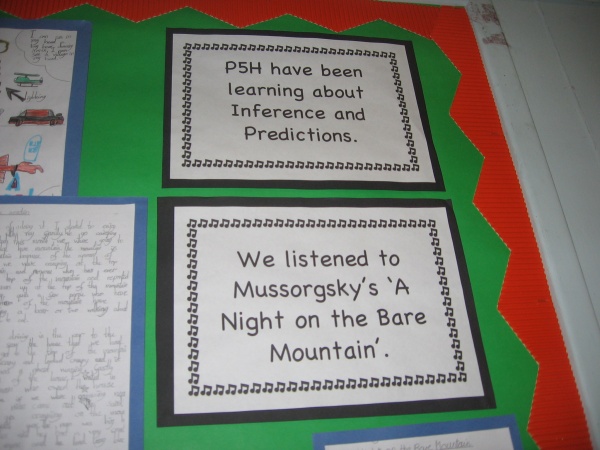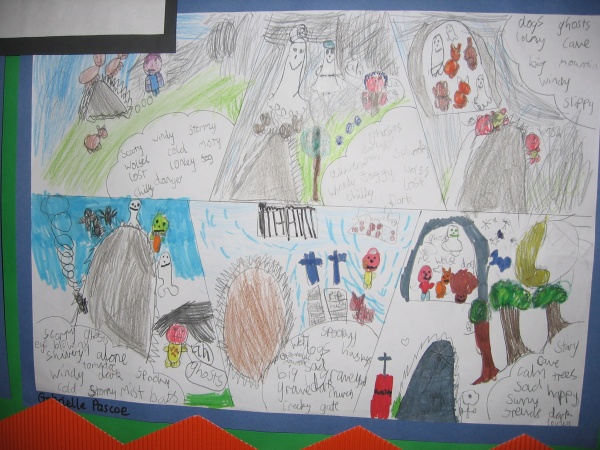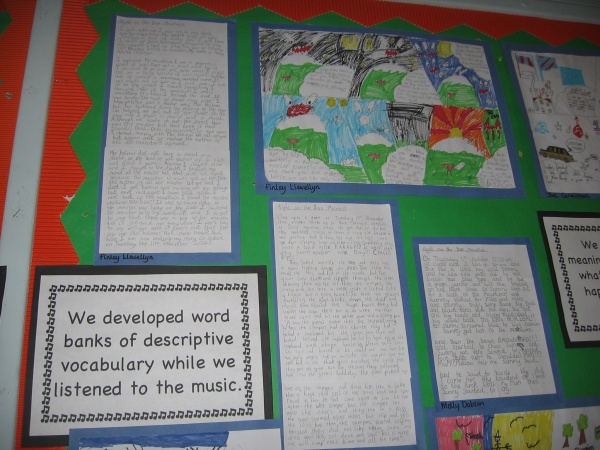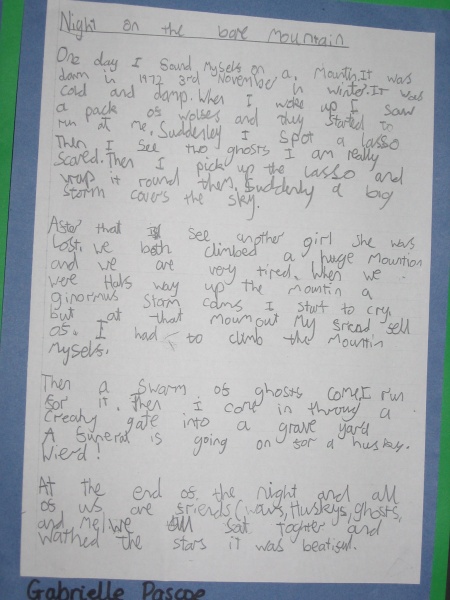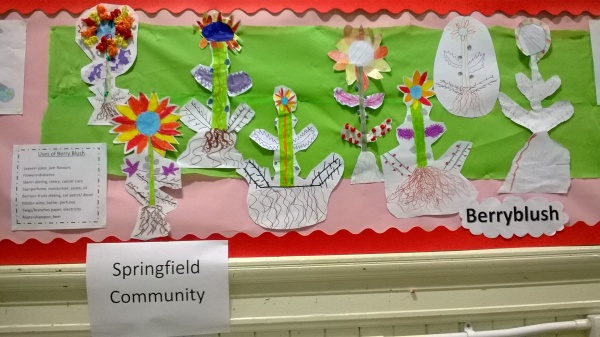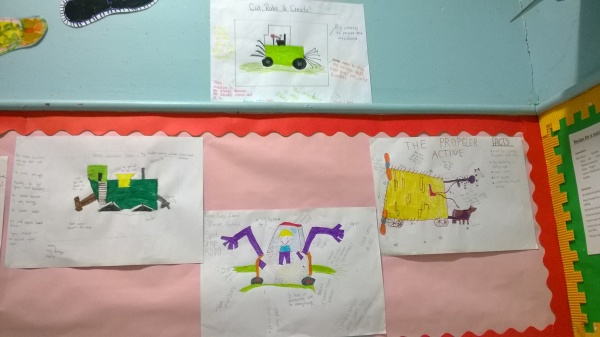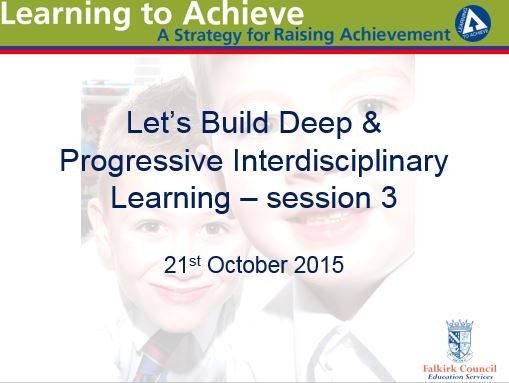 44 practitioners from establishments all over Falkirk are developing their interdisciplinary learning during 5 twilight sessions as part of our authority development of Interdisciplinary Learning. Session 3 took place on 21st October, and involved practical and collaborative planning of IDL which progresses skills, knowledge and understanding from related Experiences and Outcomes across the curriculum. Staff in schools all over Scotland are going through similar processes to create the interdisciplinary part of their curriculum framework. This process is often referred to as “bundling”, and involves finding the strong and natural connections/overlap between curricular areas & E & Os, then planning how these could be taught in an integrated way. Many schools have, or are giving a huge amount of their professional learning time to this process, so Falkirk Children’s Services are supporting a whole authority experience to help accelerate progress and improve practitioner confidence, understanding and skill.
44 practitioners from establishments all over Falkirk are developing their interdisciplinary learning during 5 twilight sessions as part of our authority development of Interdisciplinary Learning. Session 3 took place on 21st October, and involved practical and collaborative planning of IDL which progresses skills, knowledge and understanding from related Experiences and Outcomes across the curriculum. Staff in schools all over Scotland are going through similar processes to create the interdisciplinary part of their curriculum framework. This process is often referred to as “bundling”, and involves finding the strong and natural connections/overlap between curricular areas & E & Os, then planning how these could be taught in an integrated way. Many schools have, or are giving a huge amount of their professional learning time to this process, so Falkirk Children’s Services are supporting a whole authority experience to help accelerate progress and improve practitioner confidence, understanding and skill.
Cathy Quinn, curriculum support manager, Yvonne McBlain, curriculum support officer, Marianne Savage, acting head teacher at St Bernadette’s RC PS, and Andrew Watson, DHT at Bonnybridge worked together to plan the first 3 of these IDL sessions. Click on the documents below to get an insight into how this highly complex process is evolving. Click here to view one of the example plans created to model the planning process for participants. Watch this space for the results of practitioner planning coming soon!
1. Extracts from 2015-16 Inspection Briefing Paper relating to IDL
2. Education Scotland definitions of what good IDL looks like – and common misconceptions
3. The blank pro forma practitioners are using to capture their “bundles”
Practitioner evaluation of the IDL project so far is very positive, with most people saying their confidence is growing, and they feel as though they now understand what “true” IDL actually is. Most people taking part are sharing their experience and the materials used with colleagues in their schools – usually as part of a Raci school improvement task. Consequently, our service is finding sustainable ways to build our capacity to design deep, progressive and engaging learning for our pupils.

